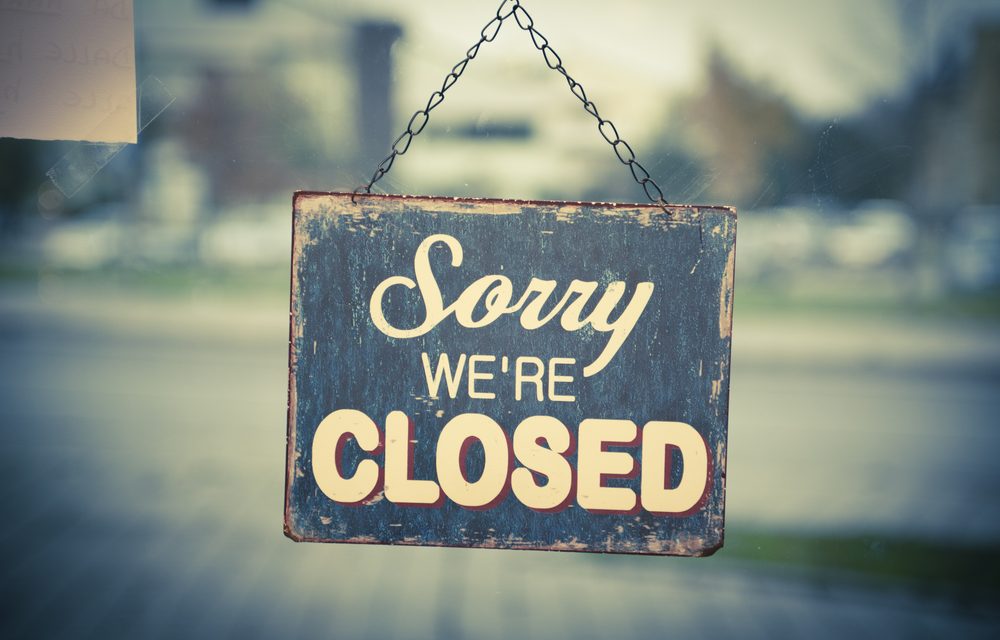No one likes to see a “Closed for Business” sign. It’s bad for the owner of the business, the employees, the public, and the state that collects taxes on all of them. Unfortunately, as we approach the summer season, we may see even more of these, along with longer lines and less tax revenues, thanks to our outdated immigration system.
On January 3, the Office of Foreign Labor Certification (OFLC) issued a Public Service Announcement Regarding H-2B Requests for Temporary Labor Certification for the second half of Fiscal Year (FY) 2018. OFLC announced that on January 1st alone, it “received approximately 4,500 applications covering more than 81,600 worker positions.” As immigration attorneys know, there are only 33,000 H-2B visas available for each half of the fiscal year, and the second half of the fiscal year covers the busy summer season. If more than 81,000 applications have already been received, and there are only 33,000 H-2B visas available, the odds are not in anyone’s favor. This means that United States employers who have a need for temporary seasonal help, such as cooks, cleaners, wait staff, and landscapers, who are diligently preparing and filing applications to fill these vital positions, are in a place of great uncertainty. These companies have no way of knowing if they will get be able to get the workforce they need to operate an efficient and successful business and sustain operations during their busiest time of year.
These days, incorrect presumptions about the way our immigration system works abound, with dismissive phrases such as “get in line” or “fill out the paperwork” tossed around flippantly. However, the U.S. employers who desperately need H-2B workers to continue operations are following the regulations diligently, completing all of the necessary paperwork and are getting in line. In spite of this, there is simply no guarantee they will get the people they need to keep their doors open to customers. H-2B workers are vital to seasonal businesses and the U.S. economy. If you need proof, read more from the U.S. Chamber of Commerce.
Our visa programs should not be a shell game where the outcome is unpredictable and the process unnecessarily complicated. These inefficient policies affect ALL of us. From Middle America to the coasts, from the Rust Belt to the Pacific Northwest. When a business closes on Cape Cod, Kennebunkport or any other seasonal community, it is not just the H-2B workers who suffer. The U.S. workers who are employed at the business that closes or cannot open for a lunch shift because of insufficient staff, suffer too. The families of those U.S. workers suffer with them; they have lost income that cannot be replaced. The patrons of those locations will travel to find closed businesses, long lines or reduced services, and will spend less money than they otherwise would have. The town, state, and federal government will collect less revenue from sales taxes, meals taxes, employment taxes and corporate taxes.
And the ripple effects continue outward, hurting our shared prosperity. That is why our immigration system, down to the individual visa program, matters. When our immigration system fails, in the end, we all lose. The current H-2B program with its arbitrary quotas that were probably established with good intentions, does not benefit anyone now. The H-2B program must be fixed for the good of us all.







